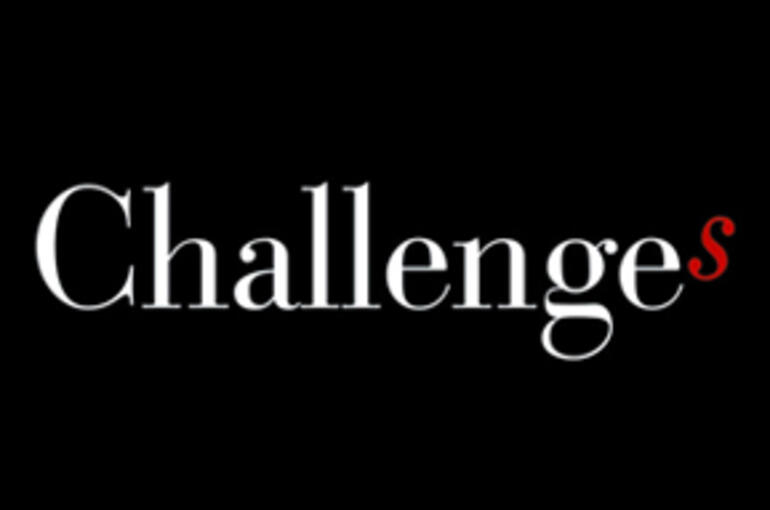Equity versus efficiency – Editorial for Challenges by Denis Kessler
Chairman & CEO of SCOR, Denis Kessler publishes an editorial piece in the French weekly Challenges, covering economic, political and financial current events in France and worldwide.
15 septembre 2016

History shows us that political and social themes seem to come in cycles. These appear, disappear and reappear at the heart of public debates. At the G20 summit following the financial crisis, for example, all concerns centred on the topic of “stability”, which was cited at every turn to justify a historic strengthening of regulations, prudential ones in particular. This has translated into lower credit provision by the banks and less risk taking by insurance companies. It’s hardly surprising, then, that growth has once again become the main theme at the most recent summits, including the one that has just been held in China. Stability or growth, we have to choose. And a trade-off is undoubtedly necessary, because we don’t seem to be able to achieve these two objectives simultaneously.
Another cycle under much discussion concerns the impossible choice between equity and efficiency, between reducing inequality and increasing growth. The dream of every politician is of course to do both: to significantly reduce inequalities in terms of revenue and wealth – and more broadly speaking in terms of wellbeing – and to increase general prosperity through GDP growth, supported by the dynamism of the productive sector. Unfortunately, this goal too seems unattainable. If efficiency is prioritised, equity is bound to suffer. And vice versa: when the social and fiscal redistribution system gets carried away, this almost automatically translates into slower growth…which impacts prosperity in general.
The quest for a new trade-off between efficiency and equity is at the heart of the current political debate in France, as it is in other countries. Nothing surprising about that. After years of virtual economic stagnation and the prioritisation of redistribution across the board, there is clearly an increasingly strong aspiration towards renewed growth. And that is precisely how France will become richer – through economic efficiency and progress. This progress can be financial, but it can also be health-related: that’s what we refer to as wellbeing. Ultimately, prosperity will benefit everyone, but some will benefit more than others; those who are able to leverage on value creation will improve their lot faster than the rest. Angus Deaton, awarded the 2015 Nobel Prize for his work on inequality, revisits this paradox in his latest work[1]: China, although increasingly unequal, has seen such an improvement in terms of wellbeing that its inhabitants have never lived for so long, in such good health or with so much wealth. Progress is therefore never neutral: by saving millions of people from deprivation – in both material and health terms – we inevitably widen the gap between them and the wealthiest individuals even further. But everyone’s wellbeing improves. Conversely, strengthened redistribution – although it helps to reduce inequality – will benefit some to the detriment of the entire community’s level of wellbeing.
Today, the average standard of living has stood still for so long that there is a decreasing degree of aversion to inequality, because everyone believes – quite rightly – that progress will enable each person to become wealthier. Accumulate or spend, produce or distribute, all trade-offs are difficult. Social welfare functions evolve in accordance with economic cycles. After years of redistribution, it would appear that France is now ready to focus on progress, growth and wealth creation.
[1] Deaton, Angus, The Great Escape: Health, Wealth, and the Origins of Inequality, Princeton University Press, 2015